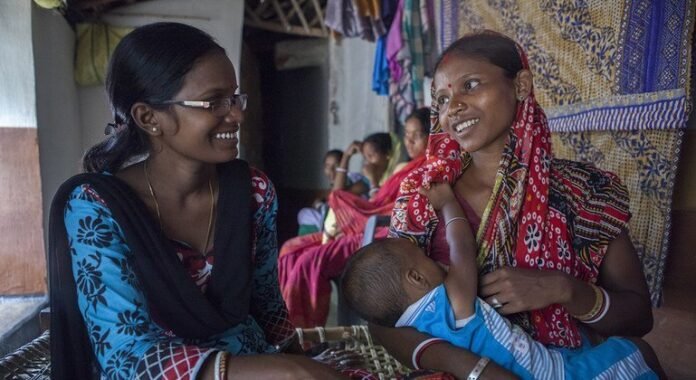This week is organized, the World Health Organization (WHO), UNICEF, the Ministry of Health and the Civil Organization of many countries together.
This year, this week, WHO’s ‘Healthy Start, Asha Bhavan’ is being organized under the promotion.
At this time, mothers and children will be emphasized on providing proper health care and assistance throughout the journey to suck.
Its purpose is to ensure proper information from trained consultants and ensure family, treatment and workplace environment that encourages breastfeeding and strengthens the mother.
Long -term health investment
Breastfeeding is not just the nutrition of the baby, but the long -term health investment of the society.
It reduces money spending on healthcare, improves the intellectual capacity of children, increases economic production and all generations start better.
April 2021, on the occasion of World Health Day, will emphasize the death of maternal and newborns for one year in promoting ‘Healthy Start, Ashavan Future’ and prioritizing women’s long -term health.
Several million deaths can be suspended
According to the current estimate, about 2 lakh 60 thousand women die during pregnancy or delivery every year, when 20 million children die in the first month of their birth.
Also, about 20 million children die, it is a death, which can be avoided every 7 seconds.
This situation is worrying. If the current speed continues, 5 percent of the countries will be lagging behind to reduce maternal mortality rates by 20, and one in every three countries will deviate from the target of reducing infant mortality.
Need better care
Women and families need quality care from pregnancy to distribution and postpartum that supports not only physically and socially.
Health systems need to be developed to address challenges like delivery, mental health problems, bacterial infectious diseases and family planning.

